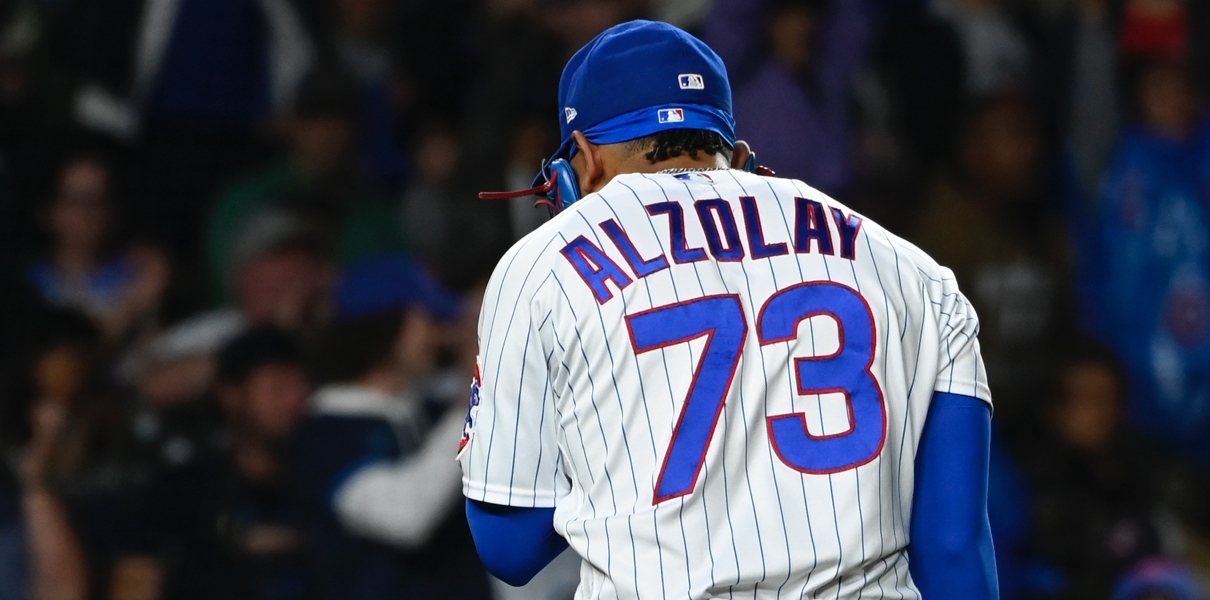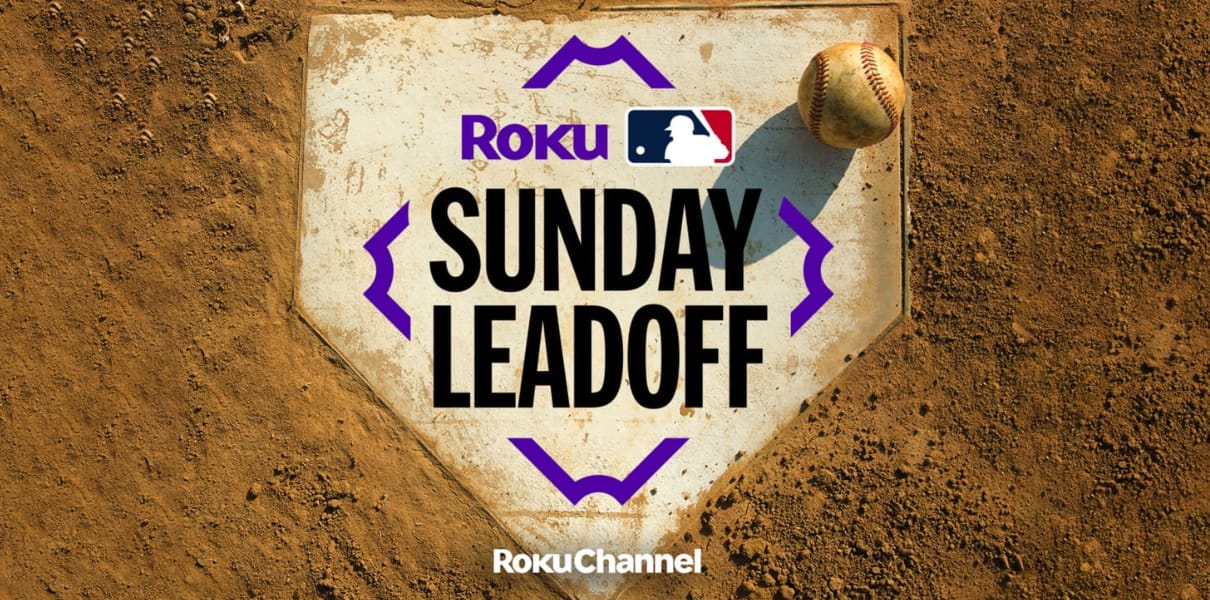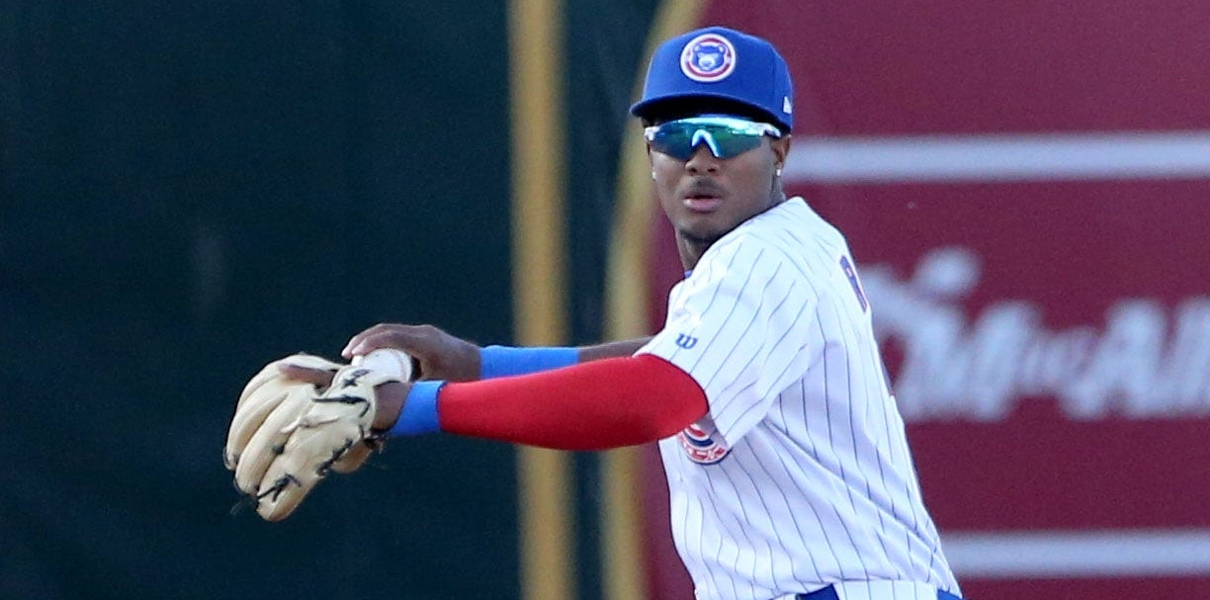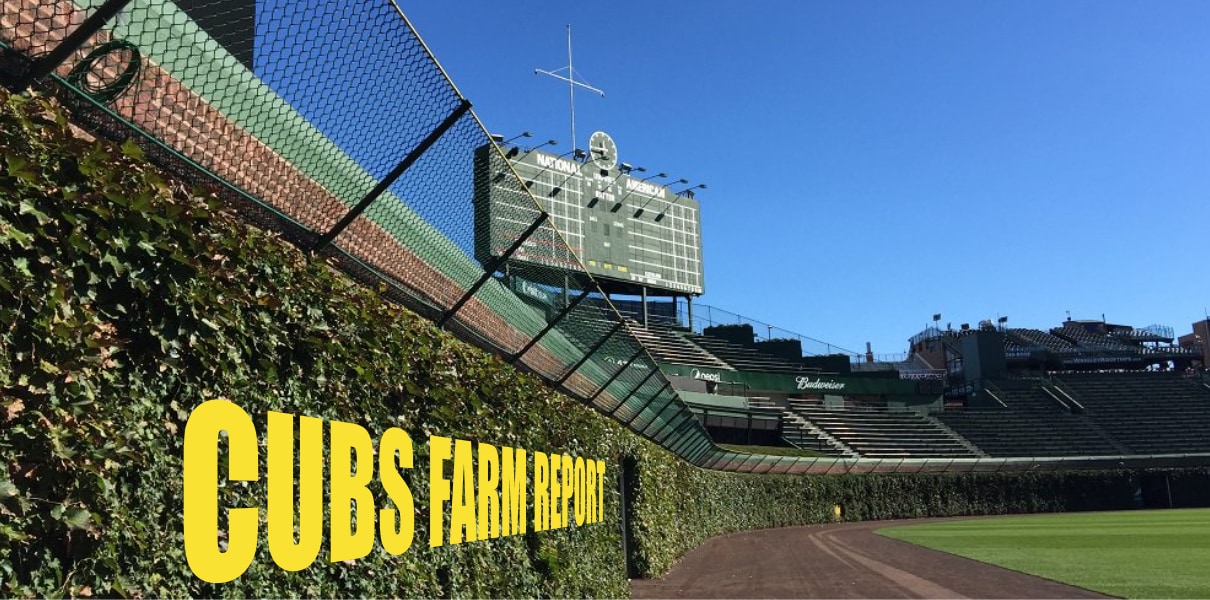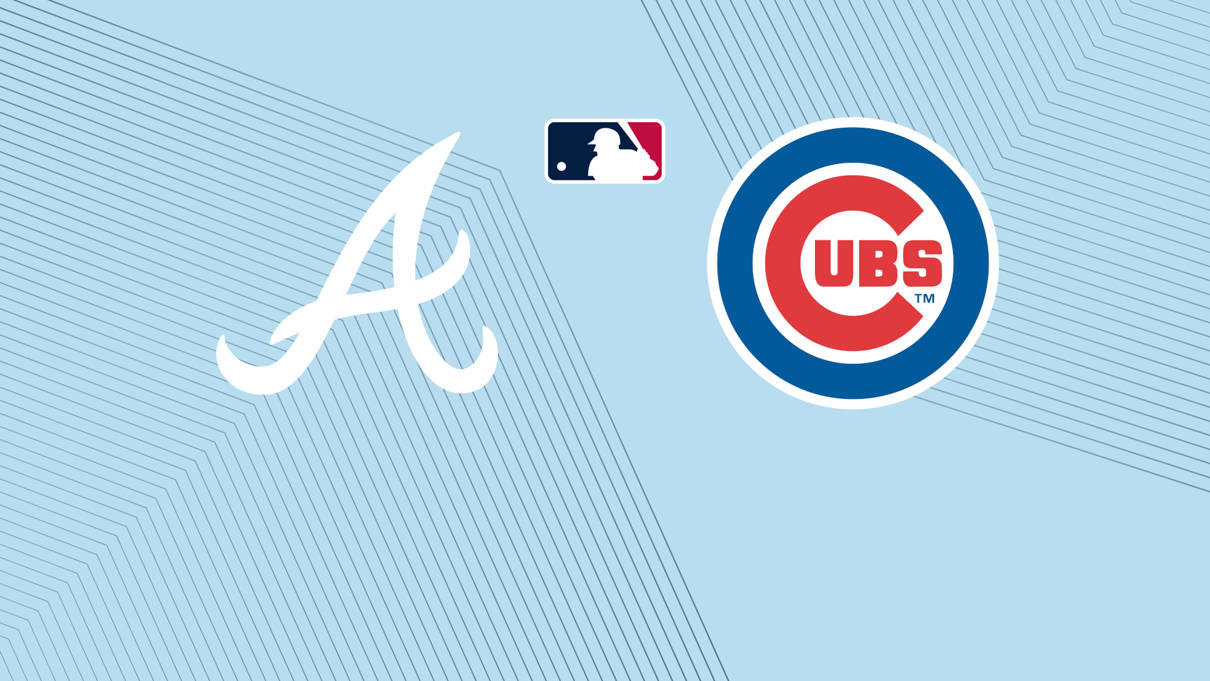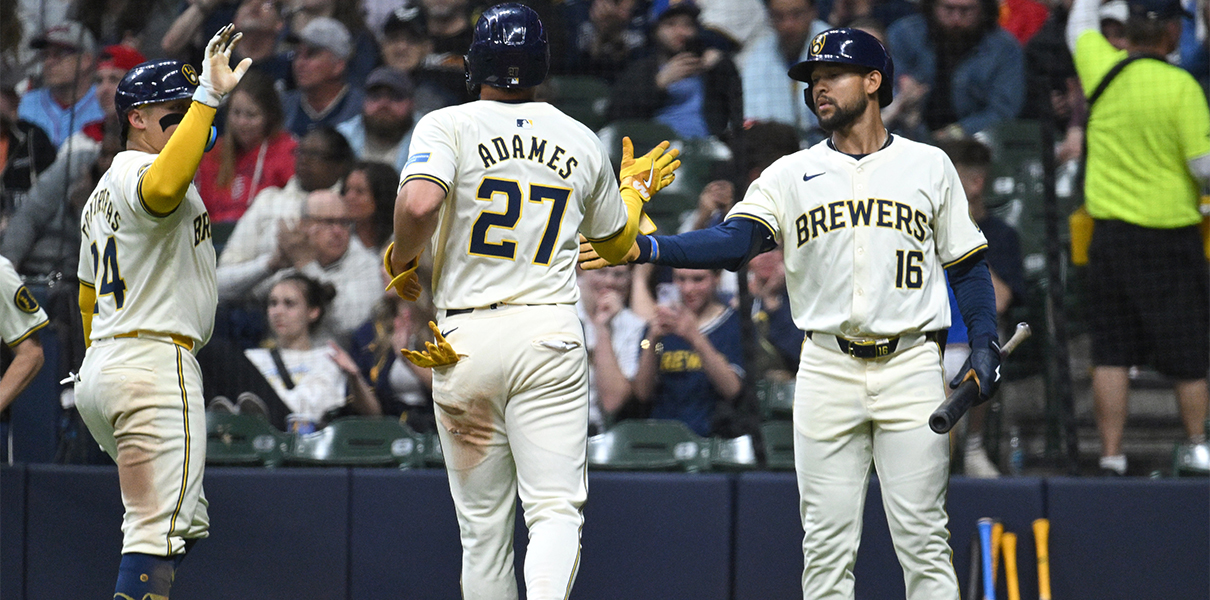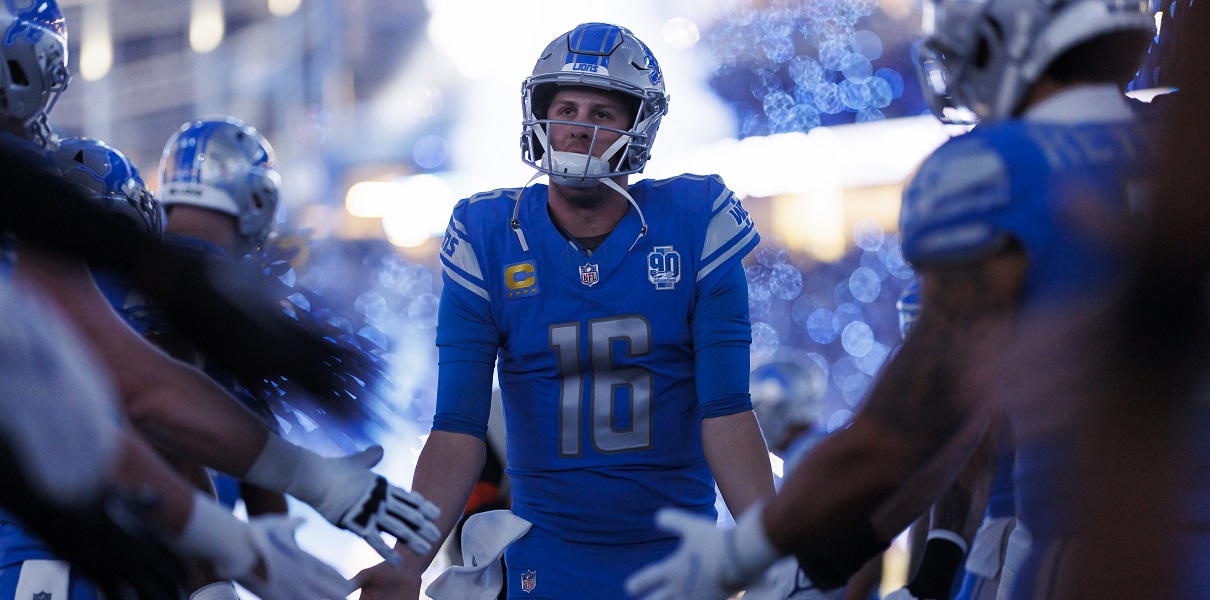I’m ready to be done with everything related to Willson Contreras’s exit from the Chicago Cubs. I doubt I’m alone in that, given the year+ of build-up and expectation, the efforts to come to a peaceful internal resolve as a fan, and now the incessant claptrap about Contreras always wanting the Cardinals and being the successor to Yadi Molina and blah blah blah.
That isn’t to say I’m ready to be done thinking about or writing about or watching Contreras in general. It’s just that I’m ready for it to be about him as a Cardinals player, doing baseball things. There will be years of that stuff – boy is he going to love the first time he homers against the Cubs – and I’m good with participating in the rivalry at that level. It can be, and sometimes will be, a lot of fun. We KNOW that Contreras, himself, wants to participate in the rivalry.
What I’m saying, though, is I’m done talking about his exit from the Cubs, and the what-might-have-beens or what-should-have-beens of it. We all know that the current Cubs front office simply did not value Contreras’s offensive contributions enough to make up for what they saw as deficiencies on defense, in game-planning, in game-calling, etc. The Cubs wanted to focus on those things behind the plate, and they never made a serious effort to extend Willson Contreras because of it.
Evaluating the decision at a baseball level, right now, is challenging. We have a lot less visibility to that stuff than an organization does – we’re not exactly sitting there in run prevention meetings – so I have landed on, “I understand the explanation for the decision, and now it’s time to show that you were right about it.” With Yan Gomes and Tucker Barnhart in place, each of whom rates out extremely well in the not-statistically-sources “soft factors” of being a pitcher’s best friend, this year could go a long way to demonstrating whether the Cubs were right or not. I want to focus on that evaluation now. On Cubs pitching performance. I don’t want to keep talking about how the Cubs let Contreras go.
The start of Spring Training, with Contreras – a major free agent signing – joining his new club, I understand that there was a lot of ink to spill about the transition from the Cubs to the Cardinals. And when the Cubs and Cardinals first face each other in May at Wrigley Field, it’s going to happen again.
I know why it’s happening. I’m not blaming anyone for doing the work. I’m just all full up on it.
So with Ken Rosenthal dropping a major column today on Contreras and the move to the Cardinals, I feel like I have to acknowledge it – there are a lot of quotes about the Cubs – but I won’t blame anyone who, like me, just doesn’t really want to engage with it anymore.
The main parts that stick out to me are not so much Contreras’s quotes about proving people wrong, or putting in the work, or wanting opposing teams to hate him – all fine and good and things we’ve long known (and appreciated) about Contreras.
To me, what stood out are the CRYSTAL CLEAR sentiments about what the Cubs felt like Contreras was not doing well enough …
The problem last season, Contreras said, was that some of the Cubs’ pitchers were inexperienced, and at times he needed to modify game plans.
“People don’t really know what happened there,” Contreras said. “I had to adjust to the (pitchers). I didn’t want them to do whatever I thought was right. I had to let them be themselves. I didn’t want to be a dictator, tell them what to do. A lot of times, I’d rather them figure out things by themselves.”
The criticism that he did not call games properly?
“I don’t think it’s accurate,” Contreras said. “You can ask the pitching coach. Obviously, a lot of times, I got off the plan because I saw what was going on in the game. If the pitcher doesn’t have what it takes to execute Plan A, I had to go to Plan B. I know we have technology, and it all helps. But a lot of times, the feelings are really important, too, in the game.”
Lest it seem like sour grapes after a messy divorce, these are not actually new revelations. This is stuff that has been hinted at publicly for nearly a year, and has been talked about privately for even longer. What made it difficult to discuss is that Contreras *is* such a hard worker, and his superlative offense for a catcher *does* create value. It’s not that the Cubs straight up did not like or appreciate Contreras. It was just that, after so many years together and with a changing of the guard in the front office and on the coaching staff, it was determined that Contreras wasn’t going to suddenly become the kind of catcher the Cubs wanted for their pitchers.
Maybe in a new setting, with new surroundings, Contreras can become that kind of catcher for the Cardinals. It’ll drive me crazy if that happens. But sometimes a major disruption is the only way a major change can happen.
I can’t say “that’s that” and I’ll never talk about the catching transition again. Like I said, it’ll come up again in May when the teams face each other for sure (especially if Contreras is having success and the Cubs’ catchers are not). But I am just not going to keep hanging on every quote or article about how the Cubs did Contreras wrong or the Cubs let him go or whatever. The Cubs’ current front office and coaching staff knew what they wanted in their catching setup, and after several years of working at it together, they decided Contreras was not that guy. Evaluating that decision as the season plays out is going to be fair game. But there’s just nothing else to dissect right now. It’s all obvious and clear and over.
For his part, Contreras seems happy with his new club, and he got paid a heckuva lot more than we were thinking he would’ve gotten on an extension with the Cubs anyway. So good for him. Sincerely. Move on.
(But again, I hope he stinks and the Cardinals’ pitching staff underperforms and the team implodes. It’s my job to root for that stuff, right?)







